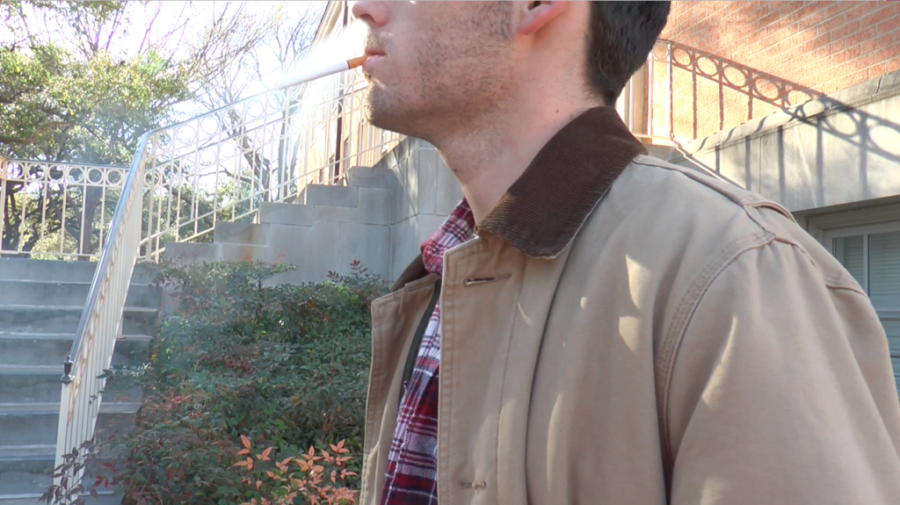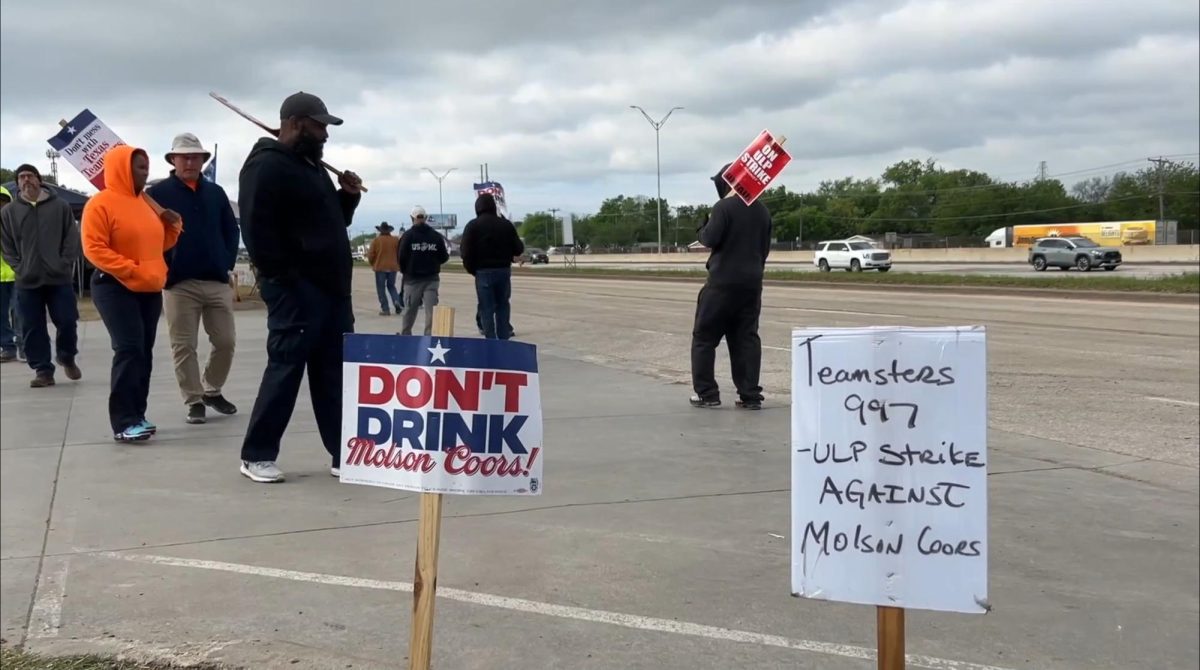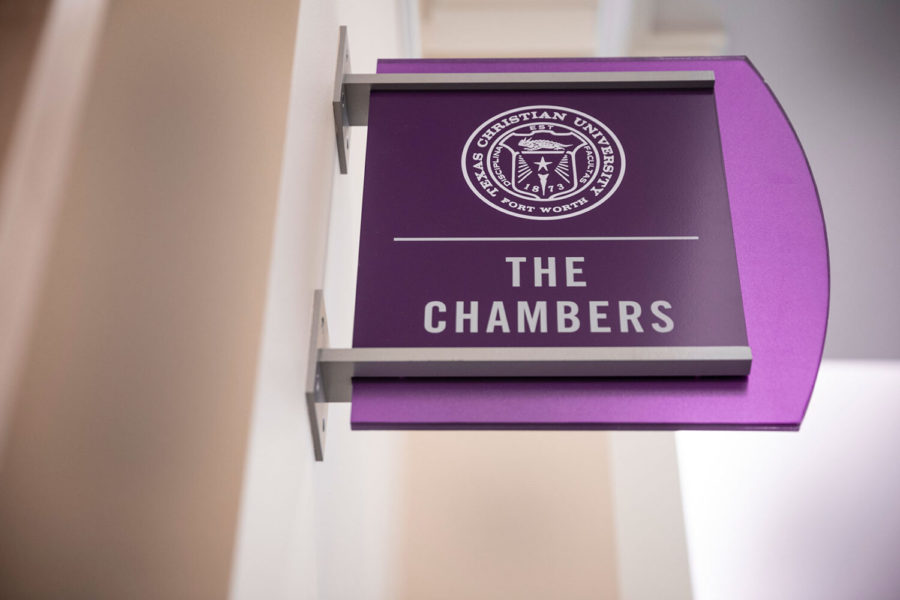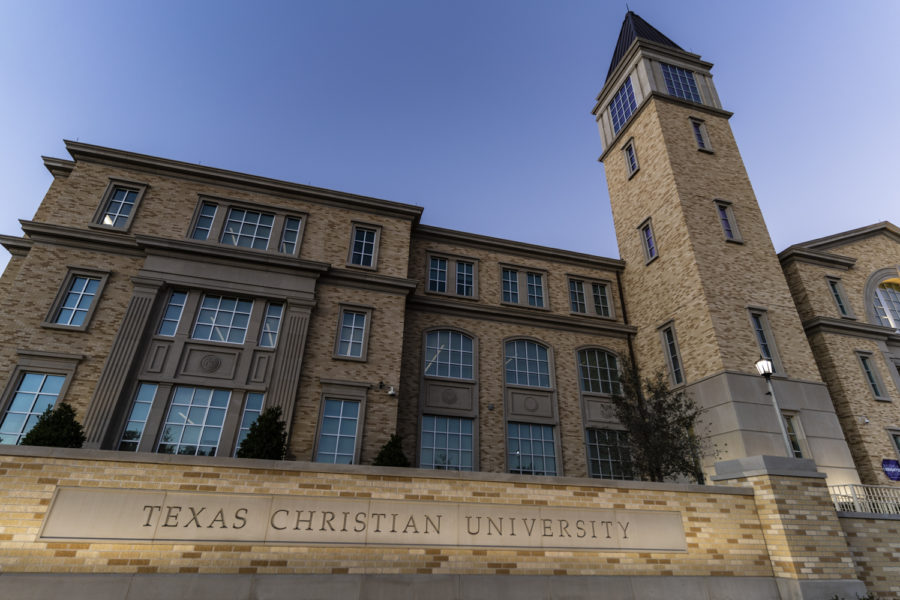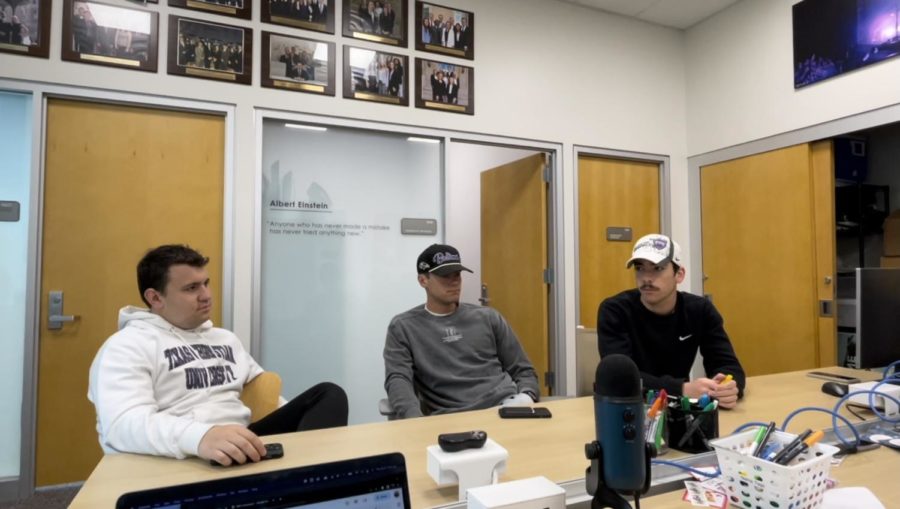TCU is deciding whether or not to vote in favor of a student-led initiative to make the school a smoke and tobacco-free campus.
The Student Government Association voted in favor of making TCU a smoke and tobacco-free campus recently, but there are still more decisions to be made.
The Graduate Student Senate, Staff Assembly and Faculty Senate must vote on the initiative before it can be implemented on campus. The Chancellor’s Cabinet is projected to make the final decision in May.
If passed, the policy will be added in both student and faculty and staff handbooks on July 1, taking effect in the fall semester.
One proponent of the initiative is the failure of TCU’s current tobacco policy. The policy states: “Smoking tobacco products must take place at least 20 feet away from entrances and exits of any University building.”
Senior SGA chief of staff Ryker Thompson is leading the charge for a smoke and tobacco free campus. He says his interest in the initiative began two years ago when his friend could not enter the library because the smoke outside could have triggered an asthma attack.
“At that point I started noticing the 20 foot rule wasn’t really being enforced and wasn’t doing the job it was supposed to do of protecting students who are affected by secondhand smoke,” he said.
TCU is the only Big 12 Conference school that has not yet gone smoke or tobacco-free.
If passed, Thompson says there is no current plan to enforce the policy with “tobacco violations” for students. Instead, the policy would be employed through “self-policing.”
“Most likely there won’t be any punishments for not following a tobacco policy,” he said. “However, you might go see Campus Life.”
Thompson says the policy would give students the power to ask others to put away their cigarettes or tobacco products. The goal of the initiative is not necessarily to get students to stop smoking, but to get them to do it off campus.
Senior Bradley Speak said he would feel unwelcome and ashamed if he had to sneak off campus at night to smoke.
“If someone has a horrible habit, you should help them get rid of the habit instead of getting rid of them,” he said.
If the policy is passed, students addicted to tobacco will not be left without options. Thompson says there will be resources available through the Brown-Lupton Health Center and the Counseling and Mental Health Center.
Caroline Albritton, an Alcohol and Drug Education center program specialist, said the policy could include stocking Nicorette gum and nicotine patches in the health center.
“I think we are more than willing and excited to offer support groups for people who are quitting,” Albritton said.
But not all smoke and tobacco users want to quit.
Speak said he recalled passing a professor smoking under a tree during his walks to class. He said when he thinks of the initiative, the professor comes to his mind.
“There are smokers who are old enough to understand that it is a bad habit and it needs to be quit, but some people don’t want to quit,” he said. “I’d rather not kick the professor out from underneath his tree.”
Speak is not the only one against the initiative.
Pro-tobacco sophomore James Roberts created and sold “Boot The Ban” t-shirts for no profit. 67 of his t-shirts were purchased online.
“I made the shirts because I maintain the belief that as adults, we should be free to choose whether to use tobacco or not,” he said.
Dr. Mark Koch, co-chair of Smoke-free Fort Worth, said someone’s right to smoke ends when the smoke enters someone else’s lungs.
“There’s a right to breathe free air, but there’s no actual right to smoke,” Koch said. “That’s something that’s granted by the people around them.”
Dr. Koch stresses that there is no safe amount of secondhand smoke that people can inhale. He said that secondhand smoke is going to be directly responsible for 41,000 deaths this year in the United States.
“People will also suffer from decreased productivity, from COPD, bronchitis, pneumonia, other small pulmonary diseases, skin disease, eyes problems and sinus problems,” he said.
There is still time for students, faculty and staff to have their voices heard about the policy.
Thompson said the details of the policy haven’t been “worked out all the way.” He encourages students, faculty and staff to email [email protected] and share what a smoke and tobacco free campus looks like to them.



